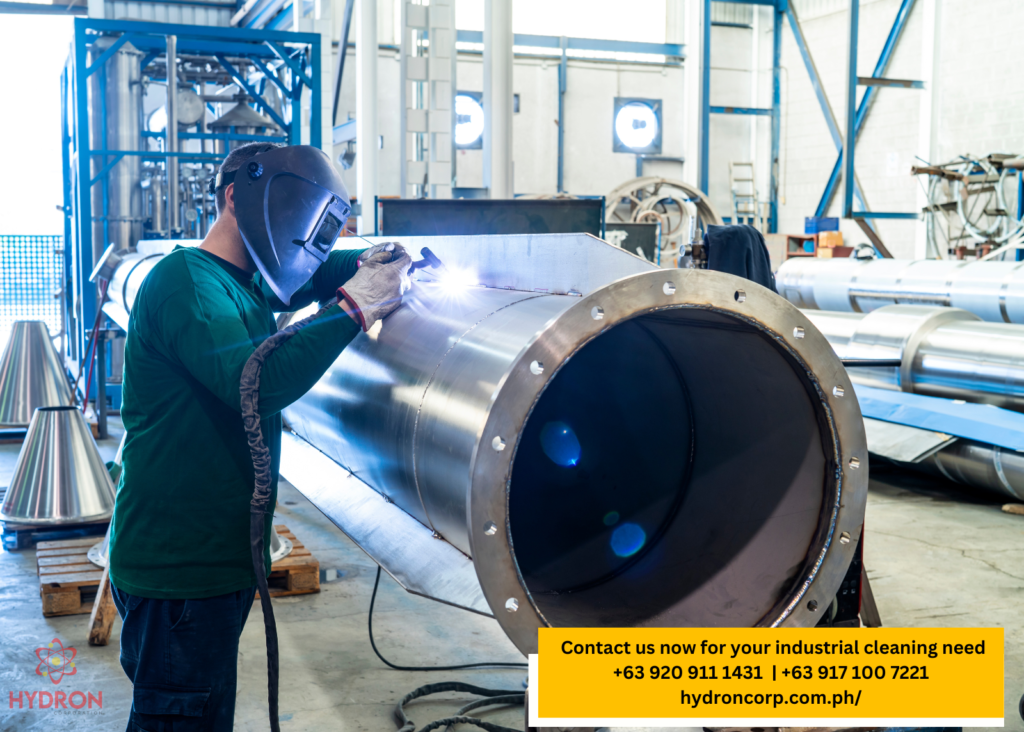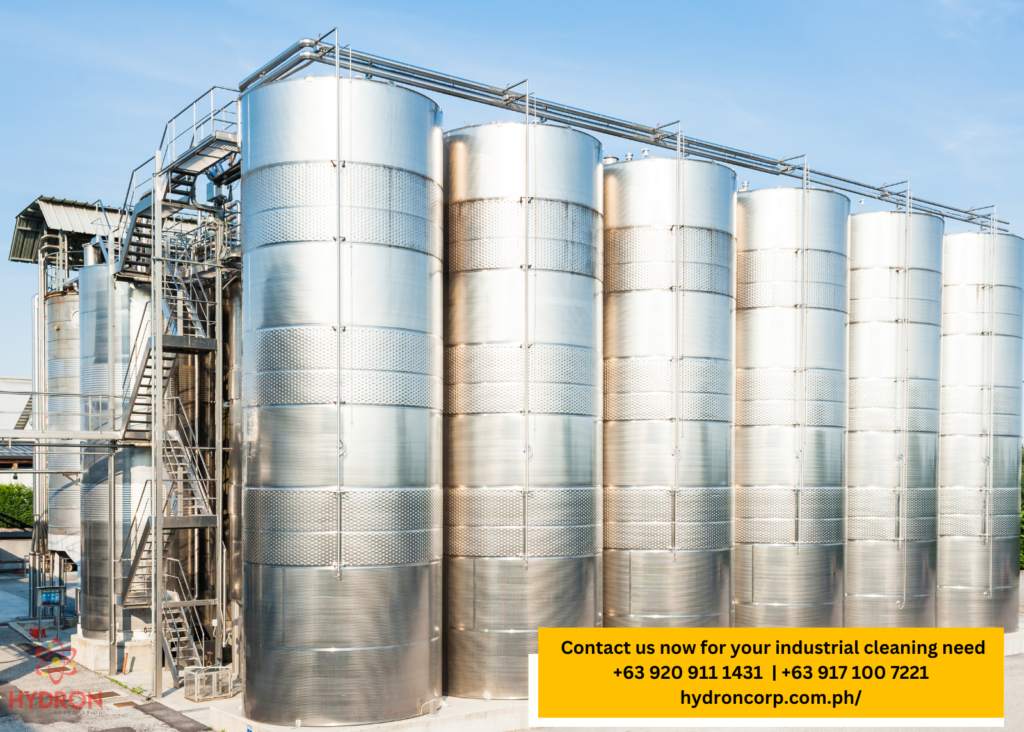Understanding Stainless Steel’s Corrosion-Resistant Properties
Stainless steel is a remarkable material widely appreciated for its unique strength, durability, and aesthetic appeal. One of its most crucial attributes is its corrosion resistance. This exceptional property makes stainless steel a preferred choice in various industries, from architecture to manufacturing and healthcare.
The Basics of Stainless Steel: Composition and Types
Stainless steel is a versatile metal alloy composed mainly of iron, with a minimum of 10.5% chromium content and other elements such as nickel, molybdenum, and manganese. Adding chromium to stainless steel is vital as it reacts with the oxygen in the air to create an invisible protective layer on the metal’s surface, making it highly resistant to corrosion, rust, and stains. Also, the presence of other elements in stainless steel, like nickel, increases the durability and strength of the steel.
The critical factor that makes stainless steel resistant to corrosion is the presence of chromium. Chromium oxide is a thin and invisible layer that forms on the surface of the steel when chromium is added to steel. This layer acts as a barrier that unequivocally protects the steel from corrosion and ensures its longevity. When scratched or damaged, it will repair itself spontaneously in the presence of oxygen. This makes stainless steel a low-maintenance and long-lasting material ideal for applications where corrosion resistance is crucial.
Stainless steel is a versatile and widely utilized material that comes in various grades, each possessing unique chemical compositions and physical properties to meet the diverse requirements of different applications. These grades are differentiated based on their composition, which determines their strength, durability, ductility, and resistance to corrosion.
When selecting a specific grade of stainless steel, it is critical to choose a specific application and the environment in which it will be used. For example, certain grades are ideal for high-temperature applications, while others are better suited for use in corrosive environments. Therefore, it is essential to consider factors such as the environment, temperature, pressure, and chemical exposure when selecting a grade of stainless steel to ensure optimal performance and longevity.
The different types of stainless steel are categorized based on their microstructure and alloying elements. It has two most common types: austenitic and ferritic stainless steel. Like the well-known 304 and 316 grades, Austenitic stainless steels are non-magnetic and known for their excellent corrosion resistance. Ferritic stainless steels, such as the 430 grade, are magnetic and exhibit good corrosion resistance in specific environments.
How Corrosion Occurs and Stainless Steel’s Defense Mechanism
Corrosion happens when metals react with elements, leading to deterioration. Stainless steel inhibits corrosion with a protective layer of chromium oxide. It is a barrier against corrosive elements like oxygen, water, and chloride. Oxygen combines with chromium to form a stable oxide film, which prevents further oxidation. Water enhances this process by providing oxygen and encouraging the formation of the protective layer.
Applications of Corrosion-Resistant Stainless Steel
The corrosion-resistant properties of stainless steel contribute to its versatility and widespread use across various industries.
For Architectural Applications:
- Stainless steel is a favored architectural material for its aesthetic appeal and durability. It is often used in building facades, roofing, and structural elements.
For Medical and Healthcare:
- In the medical field, where hygiene is paramount, stainless steel is extensively used for medical devices, surgical instruments, and equipment due to its corrosion resistance and ease of sterilization.
Food Processing and Catering:
- The food industry relies on stainless steel for its corrosion resistance, non-reactivity with food, and ease of cleaning. It is used in equipment like tanks, pipes, and kitchen appliances.
Chemical and Petrochemical:
- Stainless steel’s corrosion resistance makes it indispensable in the chemical and petrochemical industries to construct tanks, pipes, and valves.
Marine Applications:
- Given its resistance to saltwater corrosion, stainless steel is a primary choice for marine applications, including shipbuilding, offshore platforms, and components exposed to harsh marine environments.
Factors Influencing Corrosion Resistance
While stainless steel is highly corrosion-resistant, its effectiveness can be influenced by several factors:
Environmental Conditions:
- Harsh environmental conditions, such as high salinity or exposure to chemicals, can impact the corrosion resistance of stainless steel, and regular cleaning and maintenance are crucial.
Temperature:
- Extreme temperatures can affect the passive layer on stainless steel. In certain conditions, stainless steel may be susceptible to corrosion, emphasizing the importance of selecting the appropriate grade for specific temperature ranges.
- Surface Finish:
- The surface finish of stainless steel plays a role in its corrosion resistance. Smoother finishes are generally more resistant to corrosion than rough surfaces.
Grade Selection:
- Choosing the proper grade of stainless steel for a particular application is critical. Factors such as the corrosive environment, temperature, and mechanical stress should be considered.
Maintenance Practices:
- Regular maintenance, including cleaning and removing contaminants, is essential to preserving the corrosion-resistant properties of stainless steel.
Passivation is a process that creates a protective layer on metal surfaces, particularly stainless steel, shielding them from corrosion. Hydron Corporation is one of the best industrial cleaning companies in the Philippines that service passivation. Our experienced and knowledgeable team will guide you through the passivation process, answer any questions, and provide a tailored solution based on your specific needs. Contact us today at +639209111431 or email us at Services@hydroncorp.com.ph.


